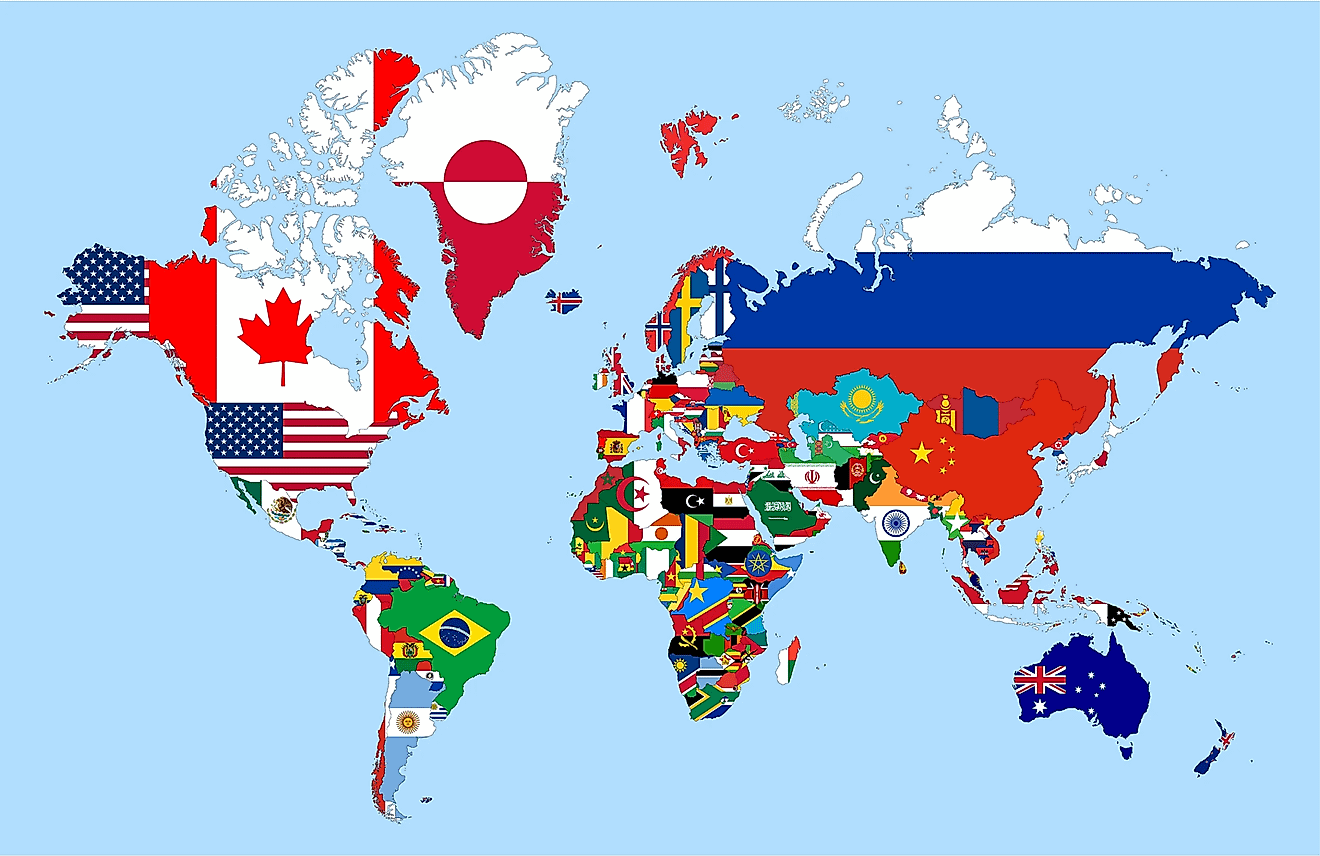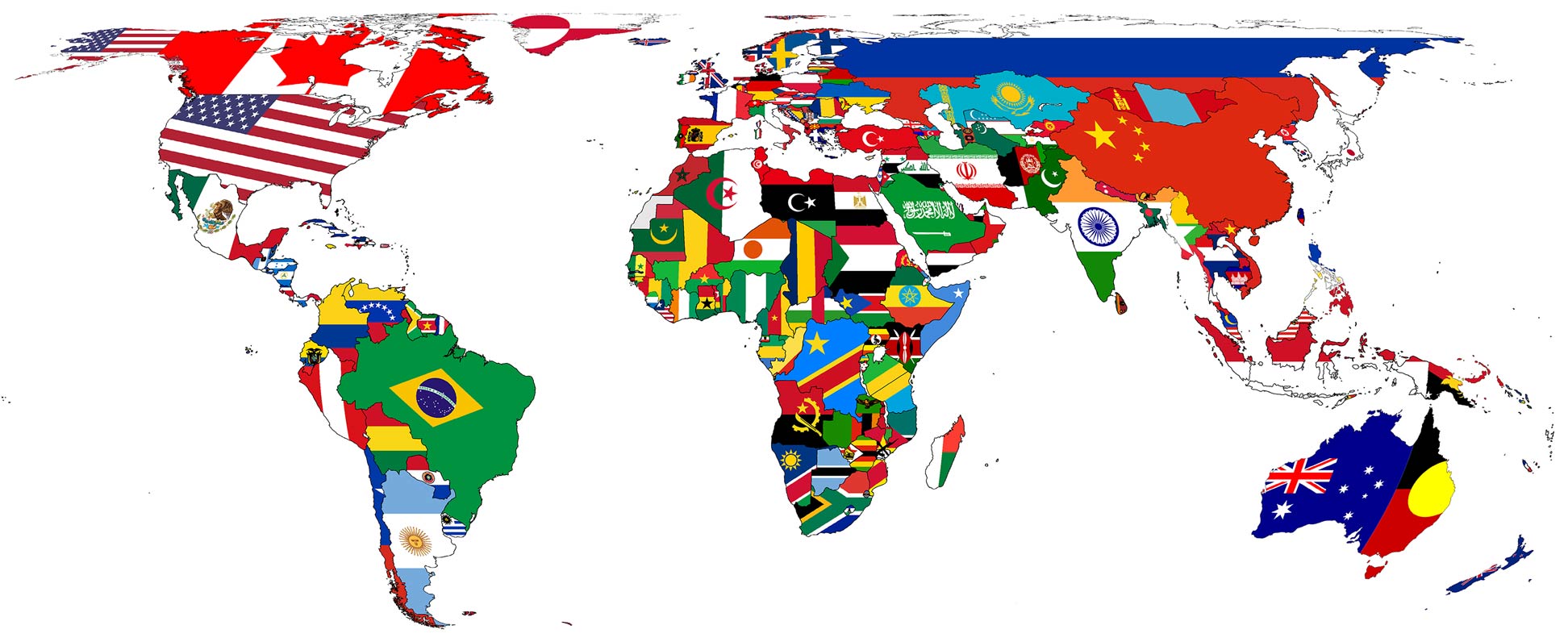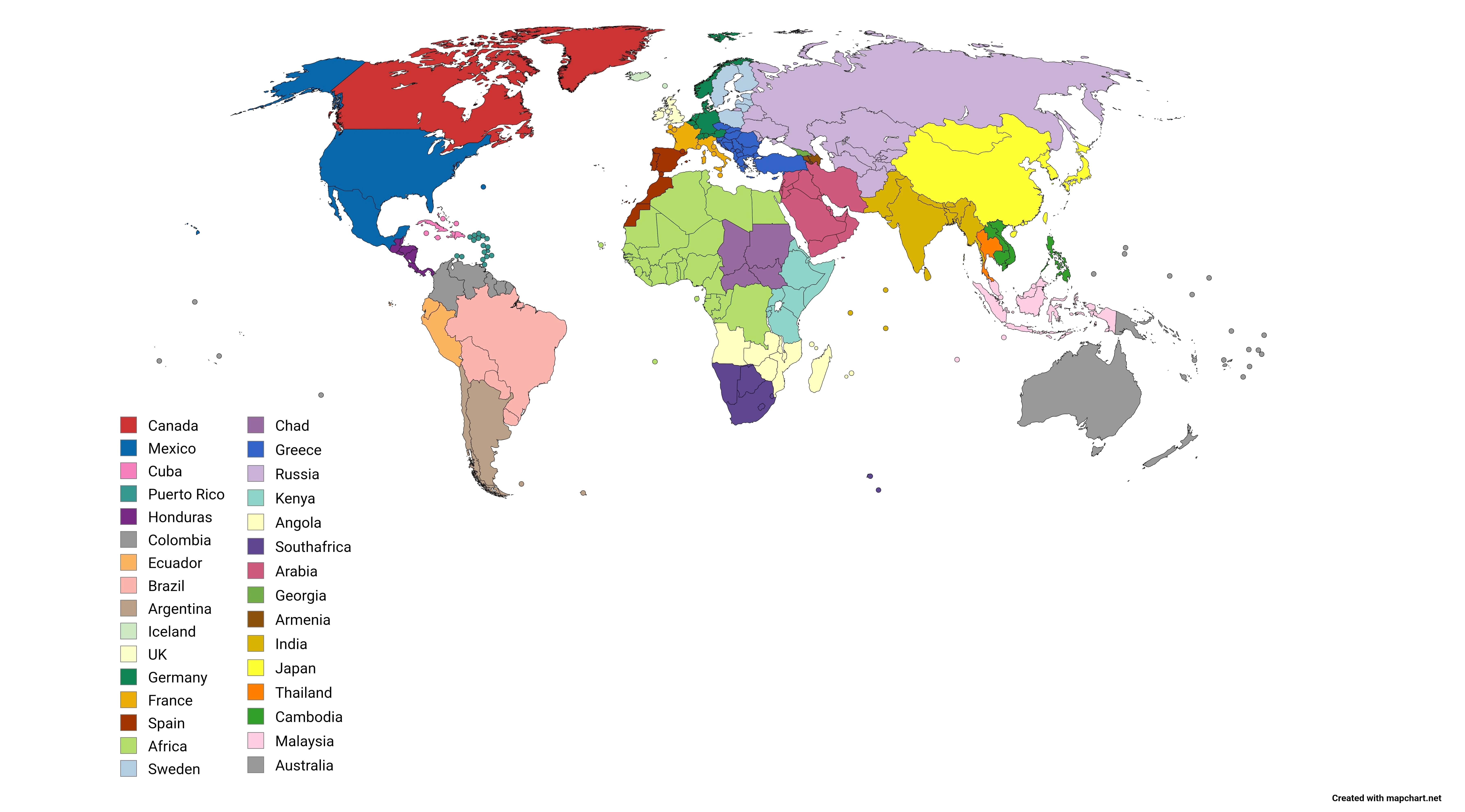Have you ever found yourself browsing online, admiring a piece of clothing, and then a little question pops into your mind: "Which country brand is Jules clothing?" It's a very common thought, you know, especially with so many wonderful brands out there these days. It's quite natural to feel a bit curious about where the things we wear come from, like, who designed them, and what kind of story is behind them. We often connect with brands on a deeper level when we understand their roots, and that connection can make a piece of clothing feel even more special, too it's almost a part of its charm.
This kind of curiosity isn't just about geography; it's about understanding the heart of a brand. Knowing a brand's country of origin can tell you a lot about its style influences, its commitment to certain types of craftsmanship, or even the values it holds dear. For a brand like "Jules clothing," which might not be as widely publicized as some of the huge global names, finding this information can feel like a bit of a treasure hunt, but it's a worthwhile one, actually.
So, if you've been wondering about "Jules clothing" and its origins, you're certainly in the right place. We're going to explore what it means to be a "country brand" in today's interconnected world, and how you might go about uncovering the background of a brand like Jules. This discussion, you see, will help shed some light on the brand's identity and, perhaps, even inspire you to look a little deeper into the origins of other items you cherish.
Table of Contents
- Unraveling the Mystery: Pinpointing a Brand's Country of Origin
- Why a Brand's Origin Matters to You
- "Jules Clothing": A Hypothetical Journey of Discovery
- Frequently Asked Questions About Clothing Brands
Unraveling the Mystery: Pinpointing a Brand's Country of Origin
When someone asks, "Which country brand is Jules clothing?", it's a really interesting question because the idea of a "country brand" can mean a few different things, you know? It's not always as simple as just where an item was manufactured. The world of fashion is pretty global now, so sometimes, a brand's story is a bit more layered than that.
The Essence of a "Country Brand"
Think about it this way: when we talk about a "country brand," we're usually thinking about where the brand was founded, where its main design team is based, or where its core identity comes from. This is rather different from just the "made in" label you might find on a garment. For example, a brand might be headquartered in France, with all its creative vision stemming from Paris, but its clothes could be produced in Portugal or Vietnam. So, in that case, the "country brand" would still be France, because that's where its soul, its creative direction, and its heritage truly reside. It's about the "sovereign state" of its ideas, you might say, more than just the physical assembly point.
This distinction is quite important, actually. As my text mentions, the term "country" itself can have varied meanings, sometimes referring to a region rather than a strict sovereign state. In the context of brands, "country brand" often implies a certain national aesthetic, a particular design school, or even a specific approach to quality that is associated with a given nation. It’s about the brand’s cultural DNA, you know, its very essence.
- Reddit Domestic Violence
- Giant Men
- Morgan Hill Pd
- Chic Celebrity Beauty Highlights
- Stephanie Ruhle Plastic Surgery
The Challenge with "Jules Clothing"
Now, when it comes to "Jules clothing," it's worth noting that this particular brand name isn't widely recognized as a major international fashion house, not in the same way you might instantly identify a brand like Zara or H&M, for instance. Because of this, pinpointing a definitive "country brand" for "Jules clothing" can be a little tricky without more specific context. There might be smaller, independent brands or local boutiques using this name in various places around the world. So, it's not always a straightforward answer, is that fair to say?
This situation is actually quite common in the vast and ever-expanding world of fashion. Many smaller, emerging labels might not have the global footprint or the extensive online presence of larger corporations. This means that direct, easily accessible information about their specific country of origin, their founding story, or their main design hub might not be immediately obvious, which is perfectly fine, of course.
How to Uncover a Brand's Roots
So, if you're really keen to find out the country brand of "Jules clothing" or any other less-known label, there are some pretty good ways to go about it. First off, you could check the brand's official website. Most reputable brands will have an "About Us" section or a "Our Story" page where they share details about their history, their mission, and often, their founding location. This is usually the best place to start, as a matter of fact.
Another helpful step is to look for contact information on their site. Sometimes, the address of their headquarters or main office will give you a big clue. You might also find hints in the language used on their website, the currency they list prices in, or even the types of models and settings they feature in their product photography. These little details can often paint a pretty clear picture, you know.
Online reviews and fashion forums can also be quite useful. Other consumers who have purchased from the brand might have discussed its origins or shared their experiences, which could indirectly reveal its country brand. Searching for the brand name along with terms like "origin," "headquarters," or "country" on a search engine like Google can also yield some results, too. Sometimes, a simple search is all it takes, really.
Finally, if you have a specific item of "Jules clothing," checking the garment's tags can provide some clues. While a "Made In" tag tells you the manufacturing location, it might also list the brand's main office address or a country code, which could point to its true "country brand." It's like being a little detective, isn't it?
Why a Brand's Origin Matters to You
Knowing a brand's country of origin, like with "Jules clothing," goes beyond just satisfying curiosity. It can actually tell you a lot about the clothes themselves and even influence your decision to buy them. There are several reasons why this information can be quite significant for consumers today.
Design Philosophy and Aesthetic
A brand's country of origin often plays a big role in its design philosophy and overall aesthetic. For instance, Italian brands are often associated with luxurious fabrics and sophisticated tailoring, while Scandinavian brands might be known for their minimalist designs and practical functionality. If "Jules clothing," for example, were a French brand, you might expect a certain elegant, timeless quality. If it were from Japan, perhaps more innovative silhouettes or unique textile treatments. This connection between origin and style is really quite fascinating, you know.
The cultural context of a brand's home country deeply influences its creative direction. This means that the clothing often reflects the lifestyle, climate, and fashion sensibilities prevalent in that region. So, understanding the country brand can give you a pretty good idea of the kind of style you're likely to find, and whether it aligns with your own personal taste, too.
Quality and Craftsmanship Standards
Different countries have different traditions and standards when it comes to craftsmanship. Some nations are renowned for their meticulous attention to detail in garment construction, while others might be known for their expertise in specific types of materials or finishing techniques. Knowing where a brand originates can sometimes give you an indication of the expected quality and durability of its products. It's not a hard and fast rule, of course, but it's often a good general guide, isn't it?
For example, if "Jules clothing" were known to be from a country with a strong heritage in textile production, you might reasonably expect a higher standard of fabric quality or construction. This can be a really important factor for consumers who prioritize longevity and good value in their wardrobe choices, you know.
Ethical and Sustainability Practices
In today's world, many consumers are increasingly concerned about the ethical and environmental impact of their purchases. A brand's country of origin can sometimes offer clues about its commitment to fair labor practices, sustainable sourcing, and eco-friendly production methods. Different countries have varying regulations and societal expectations regarding these issues, which can influence a brand's operations. This is a very significant consideration for many people now, too.
If "Jules clothing" were found to be from a country with robust labor laws and a strong focus on environmental protection, it might give you more confidence in the brand's responsible practices. Conversely, if it were from a region with known issues in these areas, you might want to do a bit more research before making a purchase. It's about aligning your values with your shopping choices, really.
Cultural Influence and Story
Finally, a brand's country of origin adds a layer of cultural richness and storytelling to its products. Every brand has a narrative, and this narrative is often deeply intertwined with its geographical and cultural roots. When you know where a brand comes from, you connect with that story, which can make wearing their clothes feel more meaningful. It's like owning a piece of a particular place or tradition, you know.
For "Jules clothing," understanding its country brand could mean appreciating the cultural influences that shaped its designs, the historical context that informed its style, or even the local artisans who contributed to its creation. This connection can transform a simple garment into something with a much richer personal significance, which is quite lovely, isn't it?
"Jules Clothing": A Hypothetical Journey of Discovery
Since specific public information about a widely recognized "Jules clothing" brand and its country of origin isn't readily available, let's embark on a little thought experiment. Imagine we've just discovered a charming piece of clothing labeled "Jules" and we're trying to figure out its roots. This hypothetical journey can illustrate how you might approach similar situations with other brands you encounter.
Imagining Jules' Roots: What Could It Mean?
Let's say, for instance, that after some digging, we found "Jules clothing" had its origins in a small design studio in, say, Sweden. What might that imply? Well, you might then expect clean lines, functional designs, and perhaps a focus on sustainable materials, given Sweden's reputation for minimalism and environmental consciousness. The aesthetic would likely be understated yet chic, and very practical, you know.
Alternatively, what if "Jules clothing" was actually born in a bustling market in Morocco? Then, its designs might feature vibrant colors, intricate patterns, and flowing silhouettes, perhaps using traditional fabrics or embellishments. The brand story would likely revolve around local craftsmanship and cultural heritage, which would be really interesting, too. Each imagined origin paints a very different picture, doesn't it?
This exercise highlights how deeply a brand's identity is tied to its place of origin, even when that origin is just a hypothetical one for now. The "country brand" isn't just a label; it's a reflection of values, aesthetics, and sometimes, a whole way of life.
The Global Tapestry of Fashion
It's also worth remembering that in today's globalized fashion world, the lines can sometimes get a little blurry. A brand might be founded in one country, design in another, and manufacture in several more. This creates a rich, complex tapestry where influences from all over the world converge. So, while we seek the "country brand" of "Jules clothing," we're also acknowledging this beautiful interconnectedness.
Ultimately, the quest for a brand's origin, whether it's "Jules clothing" or any other label, is about seeking a deeper connection with the products we choose. It's about understanding the story, the values, and the craftsmanship that go into making something special. And that, in itself, is a very rewarding part of being a curious consumer, isn't it?
You can learn more about fashion trends on our site, and for more insights into sustainable practices in clothing, you might want to link to this page .
Frequently Asked Questions About Clothing Brands
Many people have questions when they're trying to learn more about clothing brands, especially when it comes to their origins and what they stand for. Here are a few common questions that often come up, which might help you think about "Jules clothing" or any other brand you're curious about.
Is Jules clothing known for quality?
Without specific information on a widely recognized "Jules clothing" brand, it's difficult to give a definitive answer about its quality. Generally speaking, a brand's quality can vary widely depending on its price point, its target market, and its production methods. To figure this out for "Jules clothing," you would typically look for customer reviews, material descriptions on their website, and perhaps even seek out opinions from fashion bloggers or forums. High-quality brands often highlight their fabric choices and construction techniques, which is a pretty good sign.
What kind of style does Jules clothing offer?
Just like with quality, the style offered by "Jules clothing" would depend entirely on the specific brand itself. Clothing brands can range from casual everyday wear to formal attire, from minimalist designs to bold, expressive pieces. To discover the style of "Jules clothing," you'd usually browse their product catalog or gallery on their website or social media. This would give you a clear visual sense of their aesthetic, whether it's classic, trendy, bohemian, or something else entirely.
Where can I purchase Jules clothing?
The most common places to purchase clothing from a specific brand like "Jules clothing" are usually through their official website, if they have one. Many brands also sell through major online retailers, department stores, or specialized boutiques. To find out where "Jules clothing" is sold, you'd want to check their website for a "Shop Now" or "Where to Buy" section. Sometimes, a quick online search for "Jules clothing official store" or "buy Jules clothing" can also point you in the right direction, too. It's usually pretty straightforward to find their sales channels, you know.
- Kamala Harris You Are At The Wrong Rally
- Love My Sons
- Family Feud Killer
- Kathleen Carrey
- Sara London


